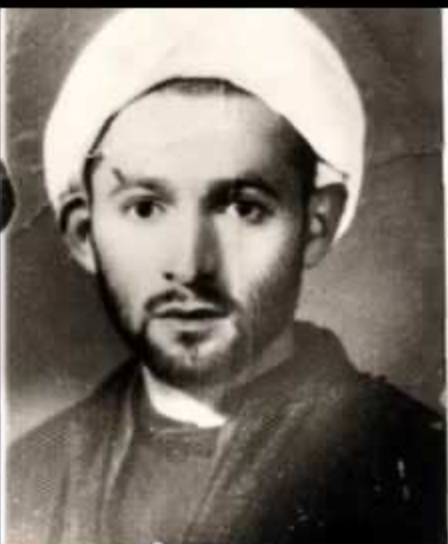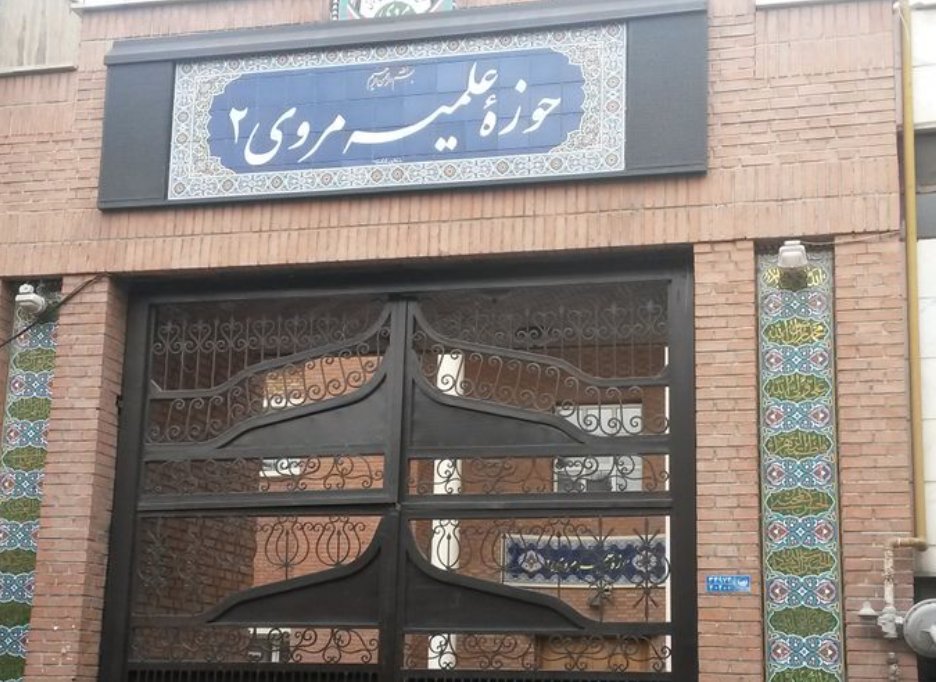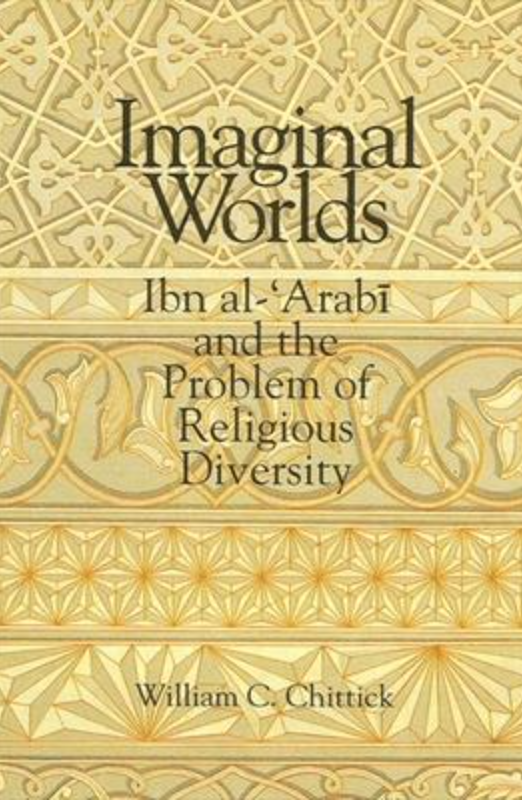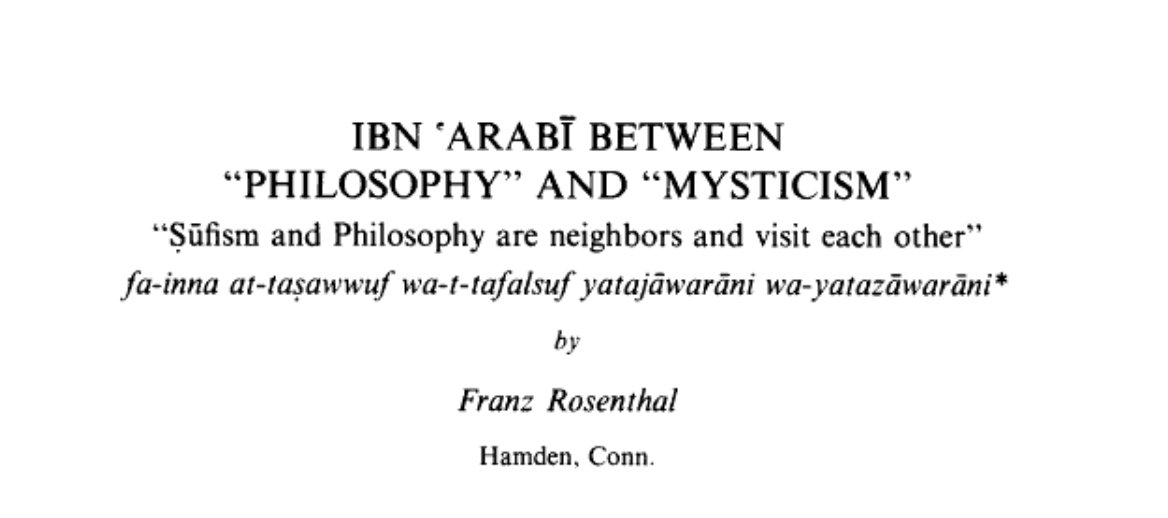
Any consideration of a #decolonial approach to #philosophy must engage with #Africana philosophy - but what is often occluded in that is the #Islamic element 1/
@HistPhilosophy with @ChikeJeffers has done an excellent job in introducing many to #Africana philosophy and let’s hope they continue to flourish 2/
A number of works have recently appeared that are relevant to our understanding of the Muslim element in that often focused on #WestAfrica 3/
First we had Ousmane Kane’s Beyond Timbuktu - somewhat disappointing but at least setting out a map 4/ 

This was followed by Rudolph Ware’s Walking Quran which is a turning point in contemporary #IslamicStudies but also important for an engagement with #ethics uncpress.org/book/978146961… 5/ 

More recently we have Oludamini Ogunnaike’s study of #Sufism and #Ifa psupress.org/books/titles/9… 6/ 

Another recent relevant collection is the Jihad of the Pen aucpress.com/product/jihad-… 7/ 

Of course I don’t wish to suggest that philosophy, Sufism, the occult sciences and so forth are the same thing - but in many contexts the pursuit of scholarship, of #wisdom, of #philosophy_as_a_way_of_life are intimately connected 8/
In that context I look forward to seeing this new collection books.google.co.uk/books/about/Is… 9/ 

#decolonial practice demands of us integrated critical approaches to knowledge production, meaning and their dissemination across different intersections 10/
Bringing these Muslim accounts into conversation with #Africana philosophy and the debates on #philosophy more generally is central to what I find most exciting about this area 11/
Here is a piece on this new book africasacountry.com/2022/01/the-ul…
ADD: just a few further thoughts - I first came across the idea of Africana philosophy at the World Congress in Boston (1998) - around the first time I met @HistPhilosophy - and three thinkers come to mind 12/
The first is Lucius Outlaw who was on a really interesting plenary with Martha Nussbaum, Tu-Wei Ming, Seyyed Hossein Nasr and John Silber 13/
What I took from Outlaw was the idea that rationality is not as simple an idea as one might think and that race is a significant intersection to consider within the social and political embedded nature of philosophical praxis 14/
Around the same time I can across Kwasi Wiredu and Kwame Gyekye (who had worked on #ArabicLogic) and recognised a more #analytic approach to Africana philosophy that fit my interest in #Indian philosophy at the same time - Matilal and Ganeri later 15/
More recently I’ve been interested in Souleymane Bachir Diagne’s work mainly in French that brings African philosophy into conversation with Islamic thought and some modes of continental philosophy and theology 16/
That seems to be the key question - how to square the universality of claims with particularities of culture and experience in philosophy 16/
• • •
Missing some Tweet in this thread? You can try to
force a refresh






















